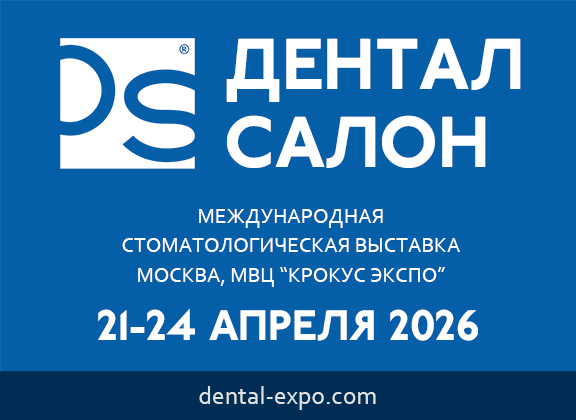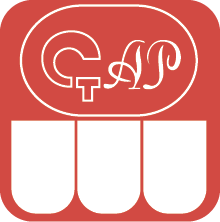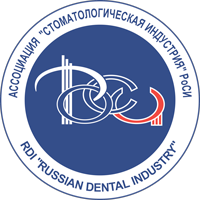Comparative evaluation of methods of dentin surface treatment for indirect restorations
Downloads
For Citation
[1]
Nikolaenko S.A., Chelnokova E.A., Zubarev A.I., Babenko S.N., Shapiro L.A., Lohbauer U. Comparative evaluation of methods of dentin surface treatment for indirect restorations. Clinical Dentistry (Russia). 2012; 4 (64): 22—25
References
- Николаенко С.А. Исследование влияния воздушно-абразивной обработки на адгезию к дентину. - Клиническая стоматология. - 2005; 4(36): 6-9.
- Armstrong S.R., Keller J.C., Boyer D.B. The influence of water storage and c-factor on the dentin-resin composite microtensile bond strength and debond pathway utilizing a filled adhesive resin. - Dent Mater. - 2001; 17(3): 268-76.
- Aschenbrenner C.M., Lang R., Handel G. et al. Analysis of marginal adaptation and sealing to enamel and dentin of four self-adhesive resin cements. - Clin Oral Investig. - 2012; 16(1): 191-200.
- Beier U.S., Kapferer I., Dumfahrt H. Clinical long-term evaluation and failure characteristics of 1,335 all-ceramic restorations. - Int J Prosthodont. - 2012; 25(1): 70-8.
- Bester S.P., De Wet F.A., Nel J.C. et al. The effect of airbone particle abrasion on the dentin smear layer and dentin: an in vitro investigation. - Int J Prosthodont. - 1995; 8(1): 46-50.
- Chaiyabutr Y., Kois J.C. The effects of tooth preparation cleansing protocols on the bond strength of self-adhesive resin luting cement to contaminated dentin. - Oper Dent. - 2008; 33(5): 556-63.
- Frankenberger R., Krämer N., Appelt A. et al. Chairside vs. labside ceramic inlays: effect of temporary restoration and adhesive luting on enamel cracks and marginal integrity. - Dent Mater. - 2011; 27(9): 892-8.
- Frankenberger R., Lohbauer U., Taschner M. et al. Adhesive luting revisited: influence of adhesive, temporary cement, cavity cleaning, and curing mode on internal dentin bond strength. - J Adhes Dent. - 2007; 9(2): 269-73.
- Hahn P., Schaller H.G., Hafner P. et al. Effect of different luting procedures on the seating of ceramic inlays. - J Oral Rehabil. - 2000; 27(1): 1-8.
- Hikita K., Van Meerbeek B., De Munck J. et al. Bonding effectiveness of adhesive luting agents to enamel and dentin. - Dent Mater. - 2006; 23(1): 71-80.
- Hill E.E., Lott J. A clinically focused discussion of luting materials. - Aust Dent J. - 2011; 56(1): 67-76.
- Krämer N., Taschner M., Lohbauer U. et al. Totally bonded ceramic inlays and onlays after eight years. - J Adhes Dent. - 2008; 10(4): 307-14.
- Manso A.G., Gonzalez-Lopez S., Bolaños-Carmona V. et al. Regional bond strength to lateral walls in class I and II ceramic inlays luted with four resin cements and glass-ionomer luting agent. - J Adhes Dent. - 2011; 13(5): 455-65.
- Pol C.W., Kalk W. A systematic review of ceramic inlays in posterior teeth: an update. - Int J Prosthodont. - 2011; 24(6): 566-75.
- Santos M.J., Bapoo H., Rizkalla A.S. et al. Effect of dentin-cleaning techniques on the shear bond strength of self-adhesive resin luting cement to dentin. - Oper Dent. - 2011; 36(5): 512-20.
Downloads
Published on
December 1, 2012










